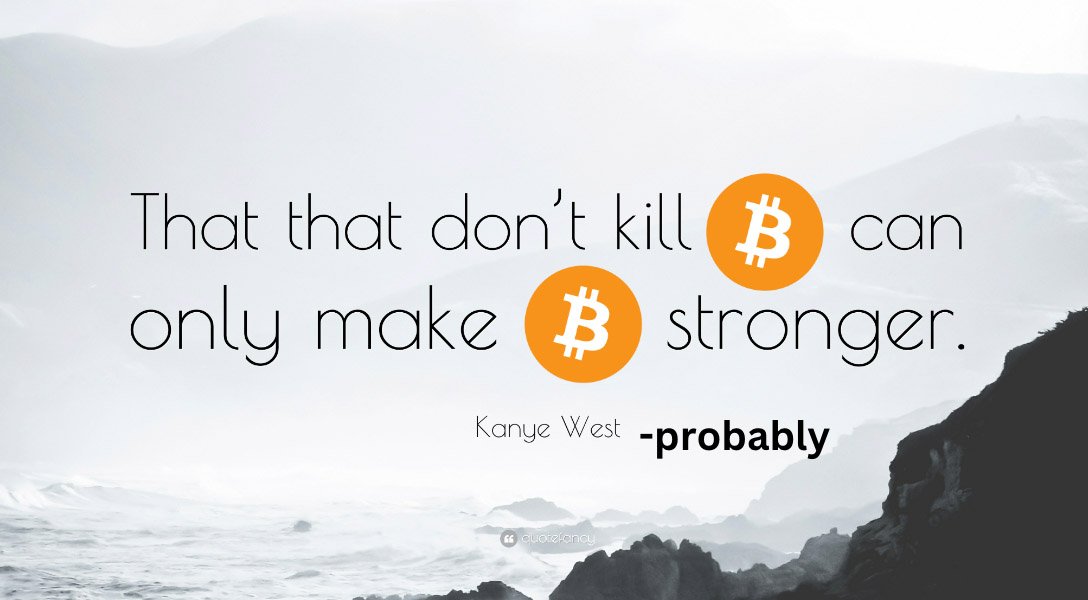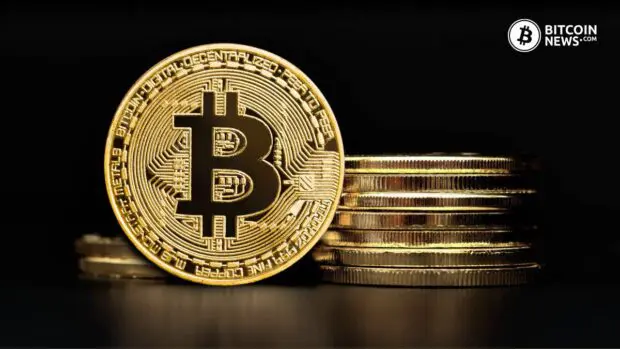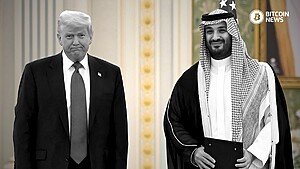Grasping the properties of money, like the store of value definition, is crucial. Per Merriam-Webster, a store of value is “something (such as money) that retains its purchasing power over a significant period and can be exchanged for goods and services in the future.”
Store of Value Definition
Want to hear a great joke? “I tried to deposit my life savings at the bank, but the teller just laughed and said, ‘You want us to store value? Have you seen our business model?” In all seriousness, a genuine store of value must reliably preserve purchasing power without depreciating over time. Fiat cash and low-interest savings accounts utterly fail this criterion. While gold has reigned as a store of value for millennia (around 5,000 years), Bitcoin is gold on steroids.
The technology combines gold’s scarcity with the ability to transmit value globally, near-instantaneously, governed by an immutable monetary policy encoded in its core protocol. Bitcoin’s strictly capped 21 million coin supply and deflationary issuance make it a formidable contender for the ‘finest store of value ever created.’ It’s akin to an impregnable savings vehicle, impervious to central bankers’ endless money-printing bonanzas.
The Cost Of Capital Is Ruined Under Fiat
Fiat currency systems inherently obscure the distinction between true savings and productive investment. By allowing central banks to inflate the money supply at will, fiat erodes the purchasing power of those attempting to save over time. This insidious inflation tax transfers wealth from savers to borrowers, incentivizing immediate consumption over delayed gratification.
Moreover, artificially low interest rates distort price signals, misdirecting capital into speculative malinvestments rather than ventures that create genuine economic growth. In a fiat regime, the obfuscation between saving and investing breeds rampant moral hazard, as both savers and investors falsely believe their holdings will maintain value when central planners can debase the currency on a whim. In a true free market with sound money, the distinction between risk-free savings (i.e. good money) and productive investment would be properly demarcated.
The Power of Sovereignty
Yet, Bitcoin’s true genius lies in its decentralized nature, immune to any single authority’s whims. Nation-states, Michael Saylor, a random pleb, Satoshi, and a 10-year-old are treated equally; the network only cares about the private key decrypting that UTXO. Bitcoin is a trustless system requiring trust in math and code alone.
Related reading: Decentralization Is The Innovation
As the world digitizes, Bitcoin’s borderless, censorship-resistant, and amazing store of value track record will continue to solidify its position as a peaceful financial revolution. With each passing year, Bitcoin’s track record grows, and its allure as a hedge against traditional fiat currencies becomes ever more compelling.
Every block Bitcoin doesn’t die, it becomes stronger.

So What Happens Next
Bitcoin’s first-principles monetary properties of scarcity, divisibility, portability, and resistance to censorship position it as the preeminent non-sovereign money. Its growing adoption trajectory underscores its role as a financial revolution, reshaping how the world conceptualizes and utilizes money itself.
While critics decry Bitcoin as mere “digital gold,” its potential extends far beyond a hedge against fiat debasement. As a fundamentally new asset class, Bitcoin enables provable scarcity and absolute verifiability at a scope and scale never before possible. Its immutability and censorship resistance pave the way for innovative financial applications built upon this bedrock of hard money.
As fiat regimes escalate institutional distortions and moral hazards, Bitcoin emerges as the blazing path forward – a truly decentralized, antifragile, and sovereign store of value heralding a new economic paradigm. Its ascendancy mirrors the world’s swelling contempt for financial systems built on trust in fallible institutions rather than uncompromising mathematics.
The trail to monetary integrity and economic empowerment now lies before us; the baton passes to the vanguard ready to embrace the Bitcoin standard, leaving those still clinging to fiat’s perpetual debasement and eroding purchasing power as relics on history’s ashen trail. While some resign themselves to the elemental forces of fiat’s entropy, others will ascend to a new plane of hardened monetary energy – a Bitcoin-powered revolution in the cosmic order of money itself.










